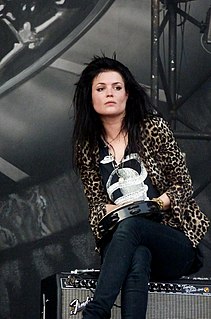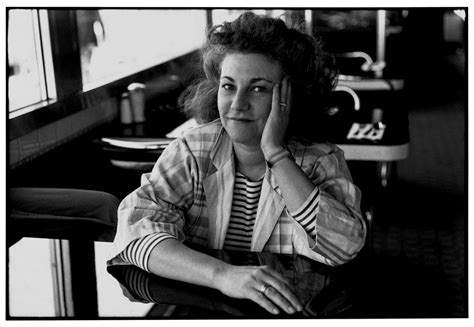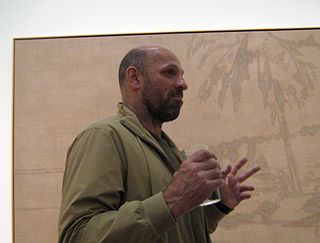A Quote by George Lucas
I started out in anthropology, so to me how society works, how people put themselves together and make things work, has always been a big interest.
Related Quotes
I always wanted to be a chef. Flavors and food were always of interest to me, but it was how those things brought friends and family together to celebrate not only the special occasions but everyday life. It has been a blessing that I have been able to pursue a career that creates a product that brings people together.
I don't have very much interest in trends and fashions. I don't follow the fashion shows and stuff like that into my real life. But I'm very, very interested in how people put themselves together, how women and men announce themselves to the world, through what they put on their bodies. Whether we choose Birkenstocks or whether we choose Burberry - it all signifies something and it's really interesting to me.
If you are someone like Jeff Koons, and you have to work out how to make a big chrome heart or something, then there are lots of people and a big production involved. The money is more natural somehow. For me, I am just on my own in the studio, trying to make things work. One thing is sure: it doesn't make painting any easier.
I am always struck by how difficult it is for people to see how much cruelty they are bringing not only upon animals but upon themselves and their loved ones and other people, how much we are screwing up the planet, how much we are hurting our own health, how hard it is to change all that, how eager people are to make a buck at everybody else's expense - all those things are discouraging.





































